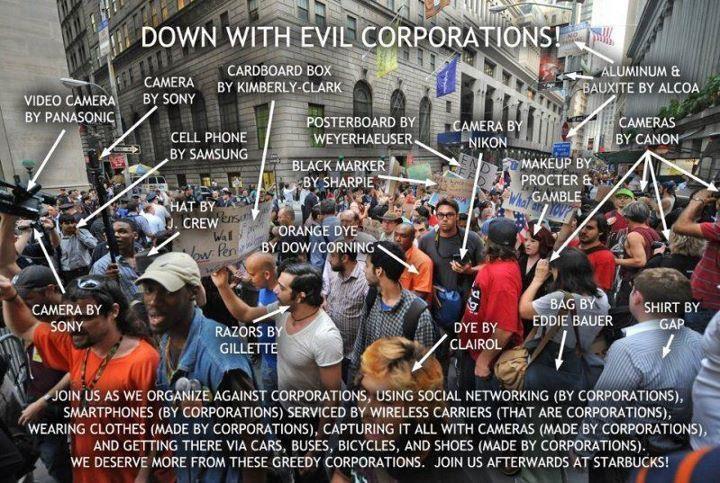My Arse Is More United Than The States of America
When you’re building affiliate campaigns, do you consider what affect your message will have on the various demographics of your chosen country? Or are you a One Size Fits All marketer?
Let’s say you have a “Make Money From Home” bizopp campaign targeting America. You’ve spent a lot of time split testing imagery, landing pages and offers, but you can only seem to scrape by on a profitable margin of 20% ROI.
Your next thought is to duplicate the campaign and port it over to Canada where the traffic is cheaper.
While there’s nothing wrong with this logic, it seems to be avoiding the elephant in the room. Countries, by nature, are incredibly diverse.
A single marketing campaign generating 20% ROI from the whole of America could quite possibly disguise one smaller campaign of 100% ROI in New York, and another of -100% in Tennessee. This is the price you pay for assuming that every state in America behaves the same.
When advertising broadly, we tend to accept these discrepancies without a second thought. You can’t be picky if you want to have the volume, right? I think that’s bullshit.
Sometimes a large campaign can be hiked from 20% ROI to 40% simply by pinpointing the lowest converting states and removing them, or rebranding your message. In all my sleepless nights of testing, I have yet to find a single campaign that converts at the same % across every single state in America.
For verticals like bizopps, a lot of the thinking is just pure common sense.
Take a look at this demographic data for the USA.
It’s widely known that the home bizopp offers perform much better when you design them specifically per ethnic group. Looking at the data, would we run the same campaign in Maine with it’s 95% white population, as we would in Mississippi which is 37% black?
We could, but then we’d have no right to complain if we found ourselves forever tied to that 20% ROI. How can you expect to improve it whilst you’re still targeting the whole of America? It’s difficult to get results if you can’t tell the difference between a user profile that converts, and a user profile that digs out your WHOIS, sprays it over the Scam Forums and leaves seven voicemails asking for a refund.
The effects are even more noticeable on dating campaigns, which I touched on in this month’s Premium Posts. You don’t really think those jpegs of California Girls are going to perform the same across every state in the country, do you?
Quick experiment for you: Find a pic of a girl in a Yankees shirt. Set up two dating campaigns on Facebook. One for New York and one for Boston. The data should speak for itself. States do not behave equally!
My girlfriend, who is half-American and has spent half her life in London and half in Indianapolis, is often telling me of the differences between what she considers the desirable states to live in (New York City, California) and the places she hates (anywhere in the Bible belt).
Whether you love your state, hate it, want to move, or want to celebrate it – the fact remains, America is an incredibly diverse country.
The complications of regional trends should be obvious without having to road-trip coast to coast to test the theory.
Likewise, England is perceived as a tiny place. A little melancholy teacup full of smart spoken chaps who all know the Queen on a personal level. You know, as if we share a Sunday Hogwarts roast while debating how to tackle our crooked yellow teeth.
What many foreign advertisers don’t seem to realise is that England is one of the most culturally diversified countries in the world and what performs well in London could – and probably will – totally bomb in Leeds. Don’t advertise new ideas to Leeds, guys. Creating change in Yorkshire is like pissing in to a hurricane.
You have to appreciate there are more than two options for targeting your campaigns. It’s not a flip of a coin between “broad” or “laser targeted”. Sometimes, spreading the net wide can do just fine. As long as you remember to empty it when you realise some of what you catch is dog shit.
Recommended This Week
Pick up a copy of Premium Posts Volume 1 if you like the content on this blog. For those of you waiting for the next Volume, well, keep waiting. I haven’t started it yet.
For those who need more hands-on info, check out the Stack That Money Forum. It offers coaching from two of the best CPA bloggers in the biz, Mr Green and Mr Stackthatmoney. You’ll find a bunch of follow along case studies and some very generous knowledge dumps which you’d have to be an absolute muppet not to take value from. More info here.
If you’re a new reader, please add me to your RSS. Also follow me on Twitter Love you long time. Thanks for reading.


Nice resource, cheers for that.